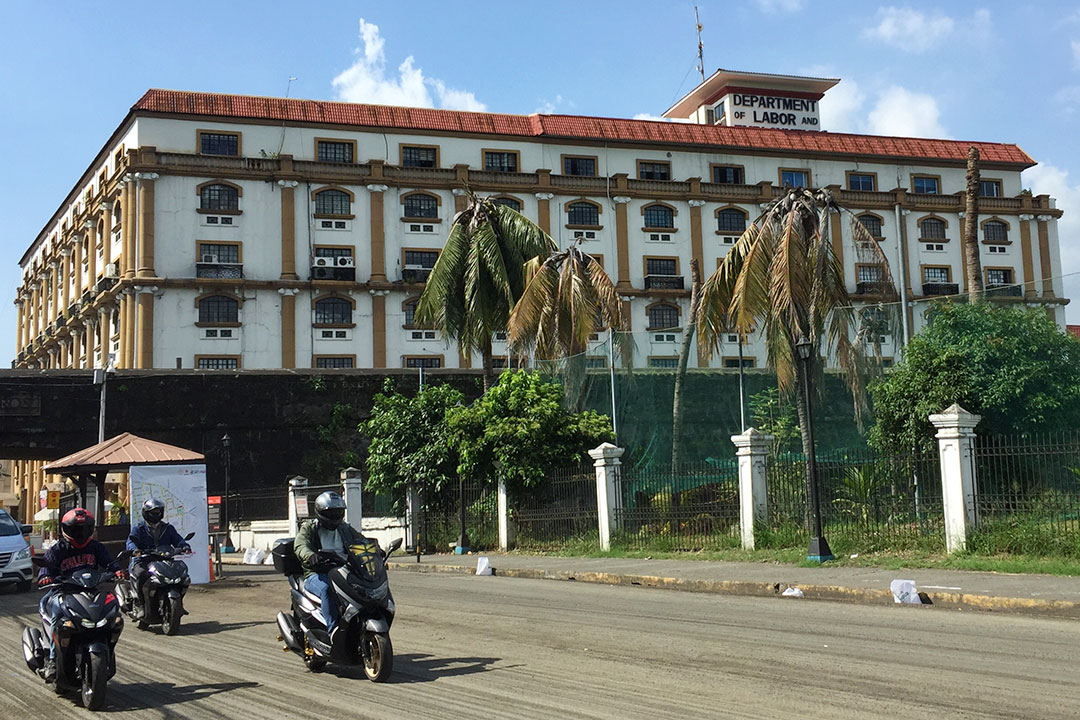Ilocos, W. Visayas wage boards grant domestic-worker pay hikes

TWO REGIONS in the Philippines approved a P500 to P700 pay bump for domestic workers, according to the National Wages and Productivity Commission (NWPC) on Monday.
In a wage order posted on the NWPC’s website, domestic workers in Region I (Ilocos) will receive an additional P700 per month in starting pay. This brings their monthly minimum salary to P6,700.
The new order covers the cities of Alaminos, Batac, Candon, Dagupan, Laoag, San Carlos, San Fernando and the provinces of Ilocos Norte, Ilocos Sur, La Union, and Pangasinan.
Meanwhile, domestic workers in Region VI (the Western Visayas) will receive a P500 monthly pay bump, bringing their starting monthly pay to P6,500.
This includes the provinces of Aklan, Antique, Capiz, Guimaras, Iloilo and Negros Occidental, along with their component cities and the highly urbanized cities of Iloilo and Bacolod.
Both orders will take effect on Nov. 19.
The two regions’ wage boards earlier approved new increases in the daily minimum wage.
In the Ilocos Region, non-agricultural workers in establishments with at least 10 employees will receive a P37 increase, bringing their daily wage to P505, while those in smaller firms and agricultural workers will get a P45 increase to P480.
In the Western Visayas, non-agricultural, industrial, and commercial workers in establishments with more than 10 employees were granted a P37 hike to P550 per day, while those in smaller establishments got a P45 increase to P530. Agricultural workers received a P40 increase to P520.
Labor Secretary Bienvenido E. Laguesma has said that at least four more regions are set to issue new wage orders adjusting the minimum daily wage.
The Cordillera Administrative Region, Mimaropa, the Eastern Visayas and Zamboanga Peninsula will hold public hearings this month, with the corresponding wage orders expected to be released by December.
The Philippines adjusts wage levels via regional wage boards, but labor groups are pushing for a legislated nationwide increase to standardize pay and guarantee a living wage.
Labor leaders contend that the current regional wage-setting system leaves workers in less developed provinces at a disadvantage, as pay adjustments often fail to keep up with the rising cost of essential goods. — Chloe Mari A. Hufana



